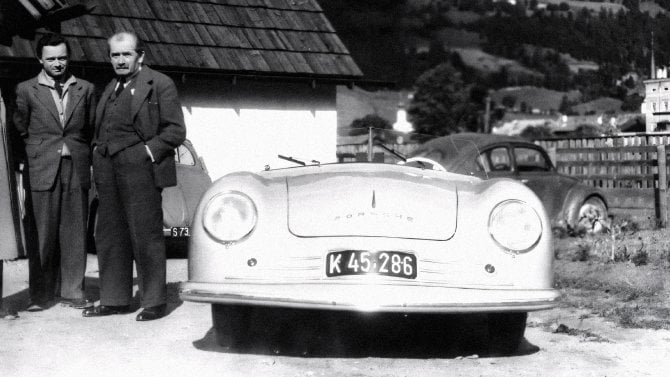...
PRAGUE, June 11 (Reuters) - The Czech government approved a first draft of the central state budget for 2008 with a lower deficit than this year's plan after taking into account reform steps that have yet to win parliamentary backing.
Finance Minister Miroslav Kalousek told a news conference after a cabinet meeting that the draft foresaw a deficit of 78.4 billion crowns ($3.68 billion), down from a 91.3 billion crown shortfall budgeted for this year.
Kalousek said the government would work on the initial proposal in the coming months so that it can submit it to parliament for approval by September as required by law.
"The limits may yet undergo certain marginal changes ... What is important is the will of the government to push through reforms," he told reporters.
He added that the 2007 gap takes into consideration 31 billion crowns in privatisation income, and without them it would be 122 billion crowns.
Kalousek's proposal for the cabinet meeting set the 2008 expenditure ceiling at 1,013 billion crowns, down from this year's 1,040.8 billion.
The state budget is the biggest part of the overall public finances, the key yardstick for measuring a European Union member country's fiscal stability, which also includes municipal finances and health care insurers.
The centre-right administration's fiscal package cutting social and discretionary spending and overhauling taxes cleared an initial vote in the lower house of parliament last week.
But the government controls only 100 seats in the 200-seat lower house and the legislation is likely to come under heated debate for changes in the final two readings.
Prime Minister Mirek Topolanek has yet to garner support of all coalition deputies as well as bring two renegade leftist deputies on board to secure approval of reforms which he insists are needed to avoid a fiscal blow-out.
The package cuts back on benefits to parents on leave and other handouts and rebalances taxes, raising the sales tax on food and other basic items and unifying all personal income tax brackets at a single rate of 15 percent.
Topolanek has said his government would try to provoke an early election if the reforms, also needed to qualify for euro adoption, are not approved.
The fiscal gap widening, stemming chiefly from increases in spending on social and welfare benefits enacted prior to the mid-2006 elections, have forced policymakers to abandon earlier goal to gain entry to the euro zone in 2010.
Topolanek's government has yet to agree whether to set a new target date to anchor market expectations or defer such a decision until after its deficit-cutting efforts bring fruit.
FACTBOX ON FISCAL REFORM PROPOSALS..............[ID:nL07797331]




 Mototechna nejdřív prodávala kola nebo zbraně. Postupně vyrostla v megalomansky vedený moloch
Mototechna nejdřív prodávala kola nebo zbraně. Postupně vyrostla v megalomansky vedený moloch
 Youtuber našel zapomenutý autosalon, který ukrýval skvosty jako je Porsche 356 nebo Porsche 928
Youtuber našel zapomenutý autosalon, který ukrýval skvosty jako je Porsche 356 nebo Porsche 928
 Kdo se považuje za chodicí technickou encyklopedii, ať se přihlásí. Máme tu kvíz, který prověří vaše znalosti
Kdo se považuje za chodicí technickou encyklopedii, ať se přihlásí. Máme tu kvíz, který prověří vaše znalosti
 Test Renault 4 E-Tech: Retro s pořádnou dávkou moderny
Test Renault 4 E-Tech: Retro s pořádnou dávkou moderny
 Slavný konstruktér se narodil před 150 lety: Ferdinand Porsche zanechal stopy doslova v každé zemi světa
Slavný konstruktér se narodil před 150 lety: Ferdinand Porsche zanechal stopy doslova v každé zemi světa
